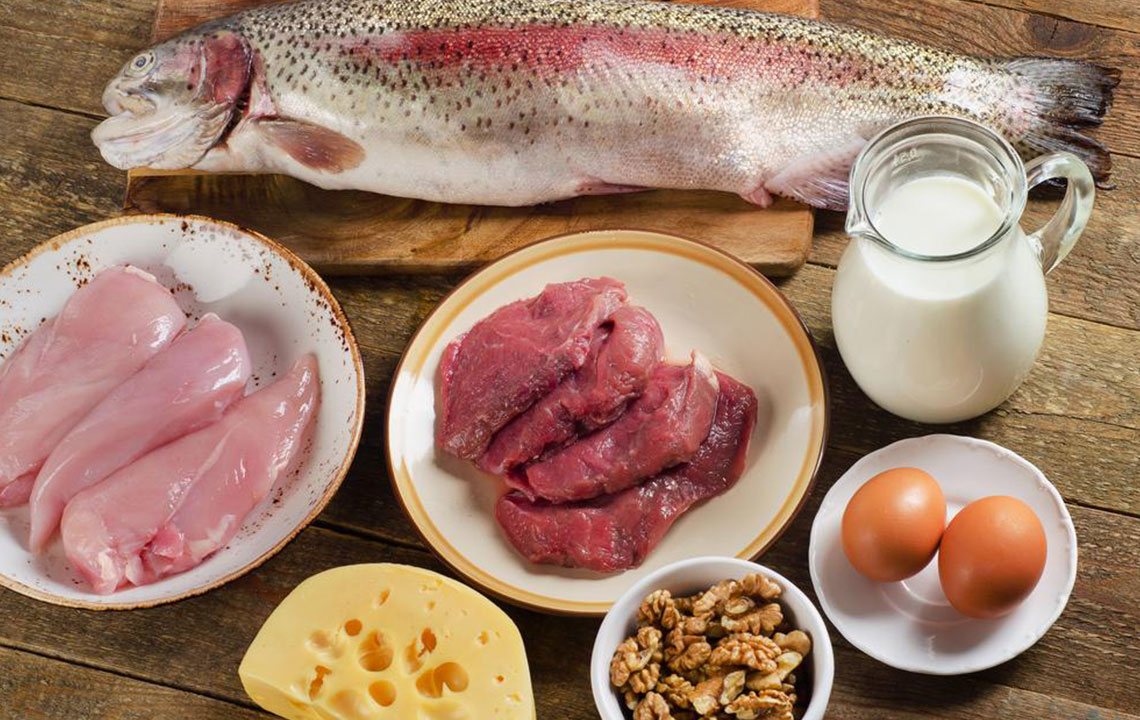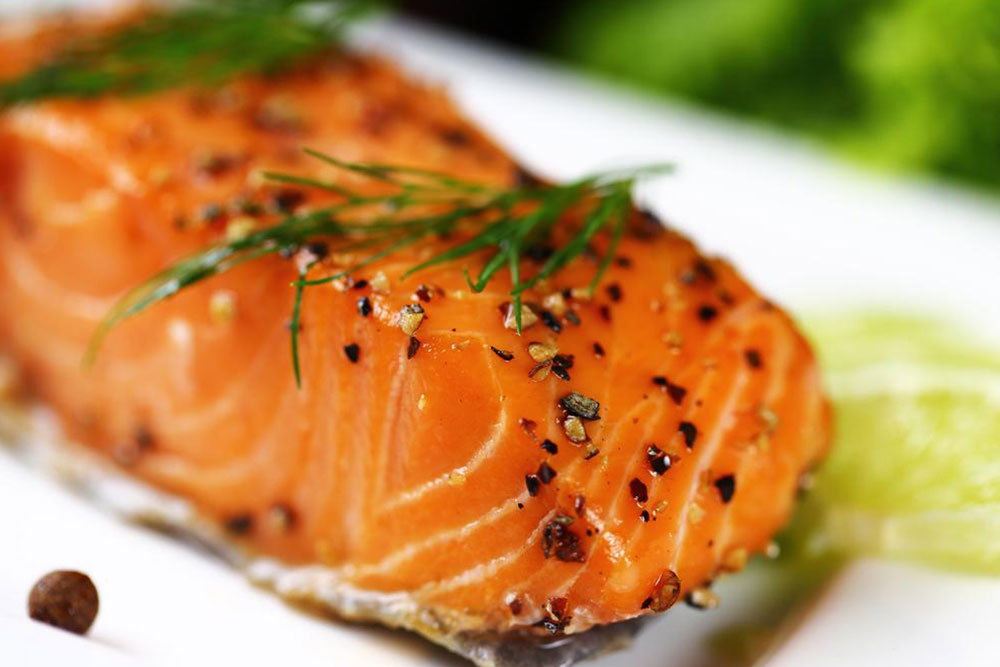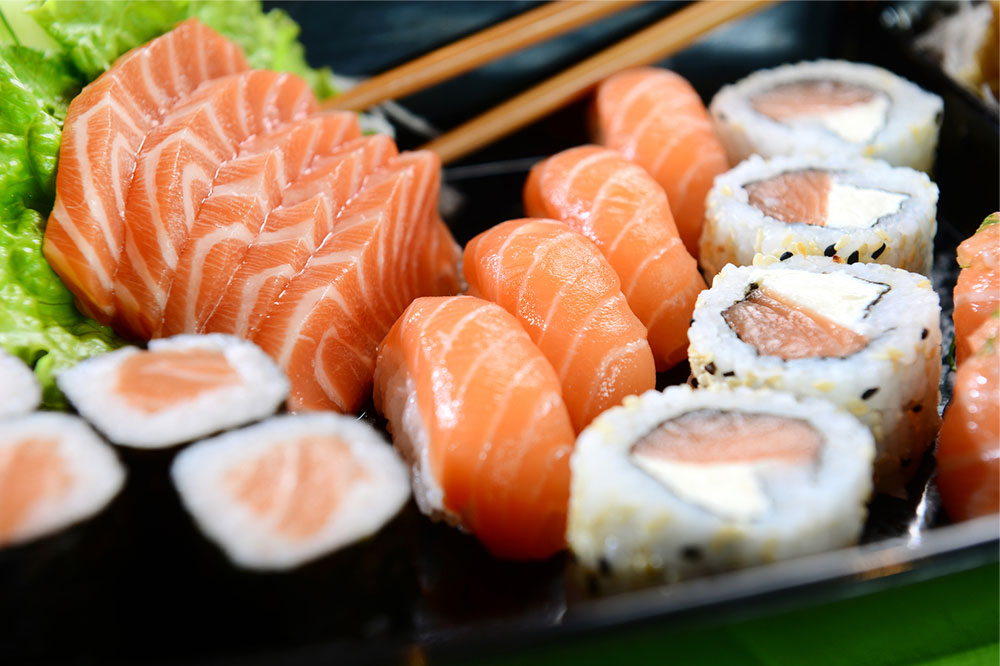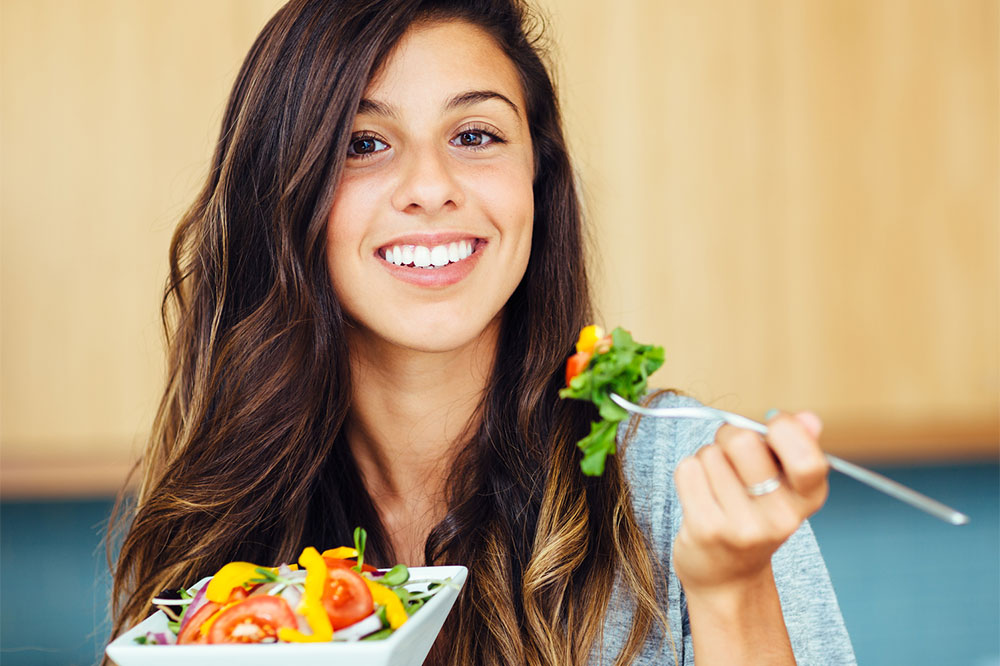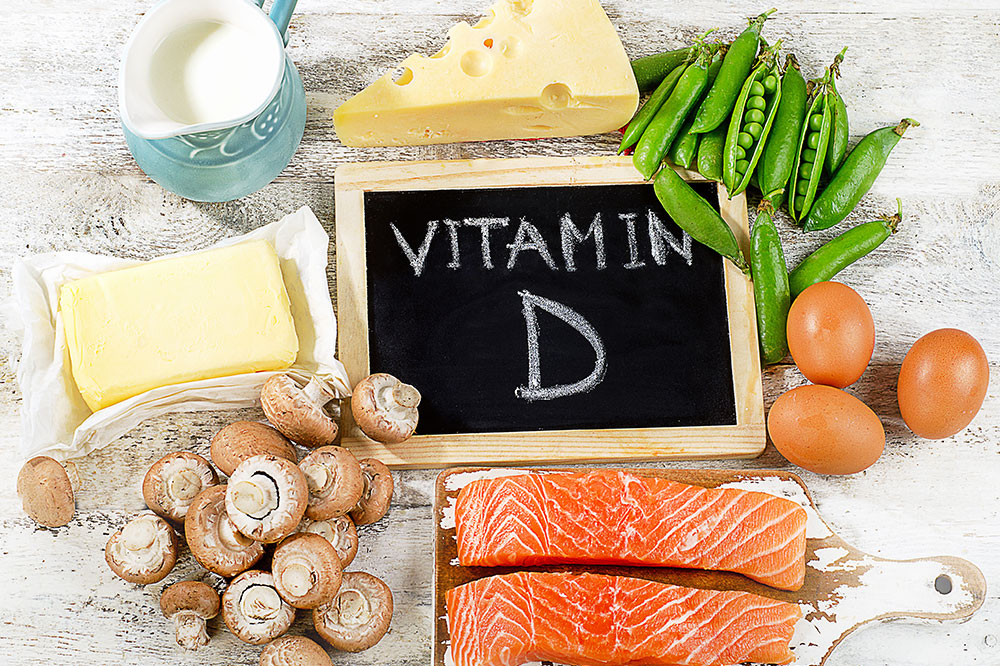Discover a comprehensive list of high-protein foods suitable for vegans, vegetarians, and non-vegetarians. This guide highlights nutrient-rich options like almonds, oats, broccoli, tofu, eggs, and lean meats, emphasizing their roles in supporting muscle growth, weight management, and overall health. Incorporate these protein sources into your diet to optimize wellness and achieve fitness goals efficiently.
Essential High-Protein Foods to Include in Your Nutrition Plan
Tracking macronutrients is a top trend in contemporary dieting, with high-protein plans gaining immense popularity. Many nutrition experts and fitness enthusiasts swear by the benefits of a protein-rich diet, as proteins are vital for body growth and maintenance. They compose every cell, acting as the body's building blocks, and are essential for creating enzymes, hormones, and other biochemical compounds.
Typically, an individual needs about 0.8 grams of protein per kilogram of body weight daily.
Depending on your activity level or fitness goals, this amount may fluctuate. While some opt for supplements like whey protein powders or shakes, many natural foods offer rich protein sources. Below is a curated list of essential high-protein foods to add to your diet.
Top Vegan Protein Sources
: A nutrient-dense nut, almonds are a superfood often used as a dairy alternative via almond milk. Protein per serving: 6 grams in 28 grams of almonds.
: Nutrient-packed and high in fiber, oats make a wholesome breakfast option. Protein content: 17 grams per 100 grams.
: Known for its high protein-to-calorie ratio, broccoli rivals chicken breast in protein density despite being low in fats. Protein per 100 grams: 2.8 grams.
: A versatile grain with high antioxidant value, fiber, and minerals. Protein content: 4.4 grams per 100 grams.
: Legumes like lentils, chickpeas, and kidney beans are rich in plant-based protein. Protein per 100 grams: 9 grams.
: Nutrient powerhouses loaded with zinc, magnesium, and potassium. Protein per 100 grams: 19 grams.
: A fiber-rich vegetable full of vitamins and nutrients. Protein per 100 grams: 3.4 grams.
: Popular for making peanut butter, peanuts are high in protein but should be eaten in moderation due to calorie density. Protein per 100 grams: 26 grams.
: A soy-based protein alternative to cheese, suitable for vegans. Protein per 100 grams: 8 grams.
Top Vegetarian Protein Options
: Rich in protein with relatively low fat; ideal for high-protein diets. Protein per 100 grams: 11 grams.
: Contains high-quality protein and vital minerals like calcium and magnesium. Protein per 100 grams: 10 grams.
: A complete source of nutrition with about 3.5 grams of protein per 100 grams, though many turn to plant-based alternatives due to lactose intolerance.
Top Animal-Based Protein Sources
: Highly nutritious, rich in vitamins and healthy fats, and a perfect complete protein. Protein per egg: 6 grams.
: Particularly chicken breast, a lean, protein-dense meat preferred by bodybuilders. Protein per 100 grams: 31 grams.
: A fish high in protein and omega-3 fatty acids, making it a nutrient-rich choice. Protein per 100 grams: 30 grams.
: A low-calorie seafood option packed with nutrients like vitamin B12 and selenium. Protein per 100 grams: 24 grams.
Vegetarian diets tend to be lower in calories due to less fat and carbs, allowing for larger portions ideal for weight management.
